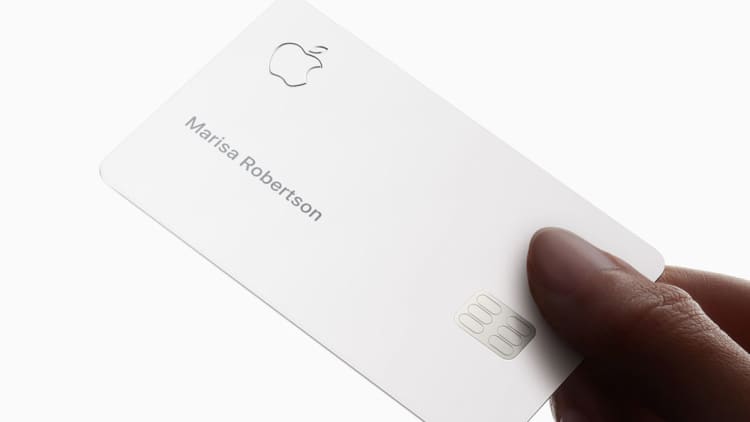Technology executives said that Apple's App Store platform has too much power in a congressional hearing in Boulder, Colorado on Friday.
The hearing, held by the House Antitrust Subcommittee, is another signal that Washington lawmakers are increasingly scrutinizing big technology companies over power that might not always harm consumers, but can hurt smaller businesses.
The hearing, which focused on Amazon, Facebook, and Google, and at times Apple, also indicates that lawmakers continue to lump big technology antitrust concerns together, despite the fact that the companies operate different marketplaces and face different allegations of anti-competitive behavior.
Complaints about the App Store
For Apple, the entrepreneurs focused on Apple's App Store, which is the only way for most people to install software on an iPhone.
Basecamp founder David Heinemeier Hansson said that anyone who submits applications to the App Store is worried that Apple could reject their app, and that the company's system of appeals is difficult to navigate.
"Every application maker using the App Store lives in fear that their application is denied," Hansson said.
He continued: "All it takes is being assigned the wrong clerk, then you'll be stuck in an appeals process that would make Kafka blush."
Hansson was referring to Franz Kafka's novel "The Trial," which describes a frustrating, mysterious bureaucracy.
Hansson also criticized Apple's practice of taking 30% of total sales processed through the App Store as "outrageous" and said his company had designed its apps to avoid it.
"We created the App Store with two goals in mind: that it be a safe and trusted place for customers to discover and download apps, and a great business opportunity for all developers," Apple said. "We continually work with developers and take their feedback on how to help protect user privacy while also providing the tools developers need to make the best app experiences."
Apple employees review every single app and update that are distributed through the App Store, CNBC previously reported, and some reviewers said that the process and rejections can be arbitrary.
Developers who disagree with an App Review decision, which is made based on Apple's App Store guidelines, can appeal to a board called the App Review Board, CNBC reported, which can change a lower level reviewer's decision. It is partially composed of reviewers with good track records, people familiar with the process previously told CNBC.
Last year, Apple published published a new webpage that explains the principles that govern the App Store as well as the most common reasons for rejection.
Complaints from accessory-maker Tile
Tile also testified at the hearing. Tile sells small square-shaped products that can help you find lost belongings.
Tile's General Counsel, Kirsten Daru, alleged that Apple removed Tile's hardware products out of Apple stores after reports that Apple was planning a competitive product. Last year, Apple launched the "Find My" app, which tracks MacBooks and other lost Apple products, an update to Apple's "Find My iPhone" app that launched in 2010.
Daru said Apple didn't give Tile access to hardware features in the iPhone, including persistent access to user location, that Apple uses for its own products. Tile says it was prevented from getting that access because of Apple's claims to focus on privacy. Apple introduced a new feature last year where its operating system frequently asks users whether they want to share the device's location, instead of asking once when an app is installed, as previous versions had.
"Apple is acting as a gatekeeper to applications and technologies in a way that favors its own interests," Daru said.
Apple answered those complaints in an email to CNBC.
"Apple builds its hardware, software and system level apps to protect user privacy and provide the best products and ecosystem in the world," an Apple spokesperson told CNBC. "Apple has not built a business model around knowing a customer's location or the location of their device," the company said, noting they can use the Find My app to locate lost Apple products.
"Customers have control over their location data, including the location of their device. If a user doesn't want to enable these features, there's a clear, easy to understand setting where they can choose exactly which location services they want enabled or disabled," Apple added, saying it would address Tile's concerns over background location access in a future software update.



